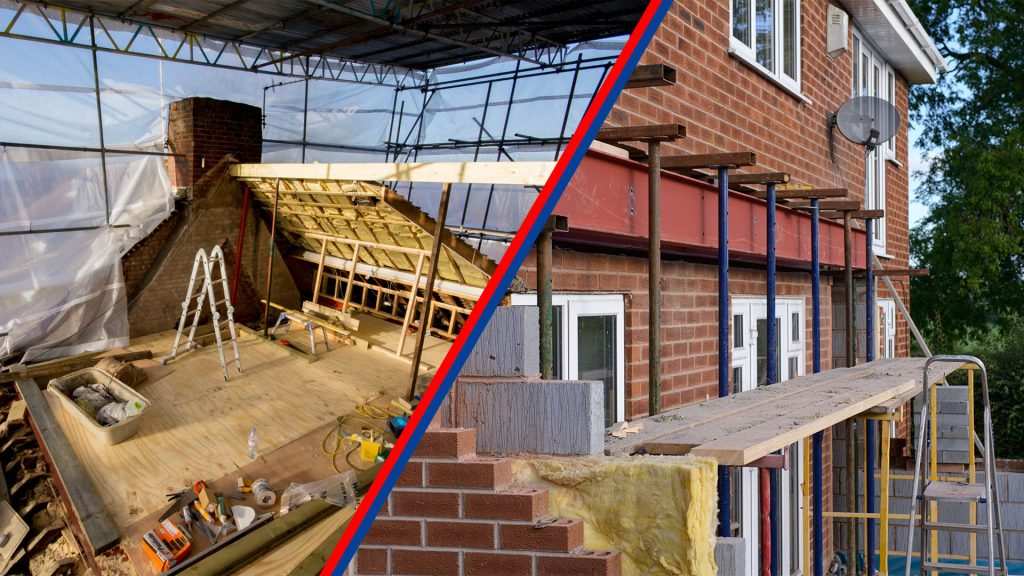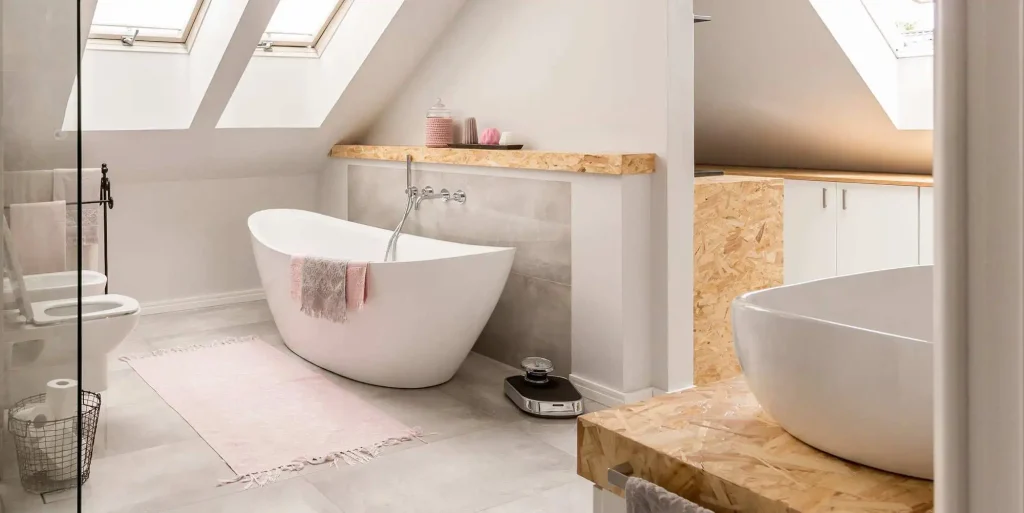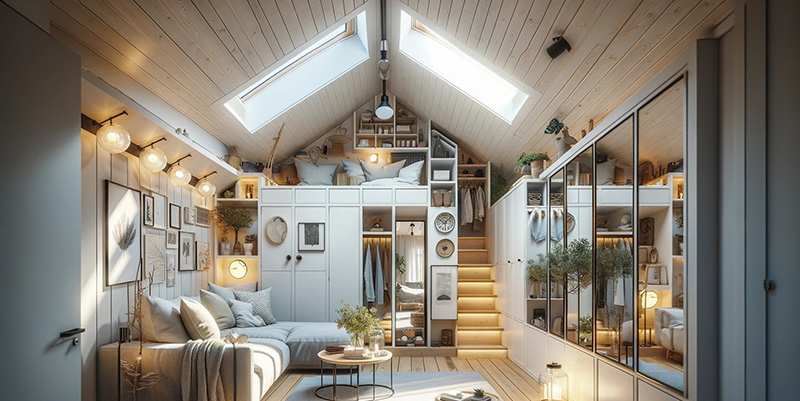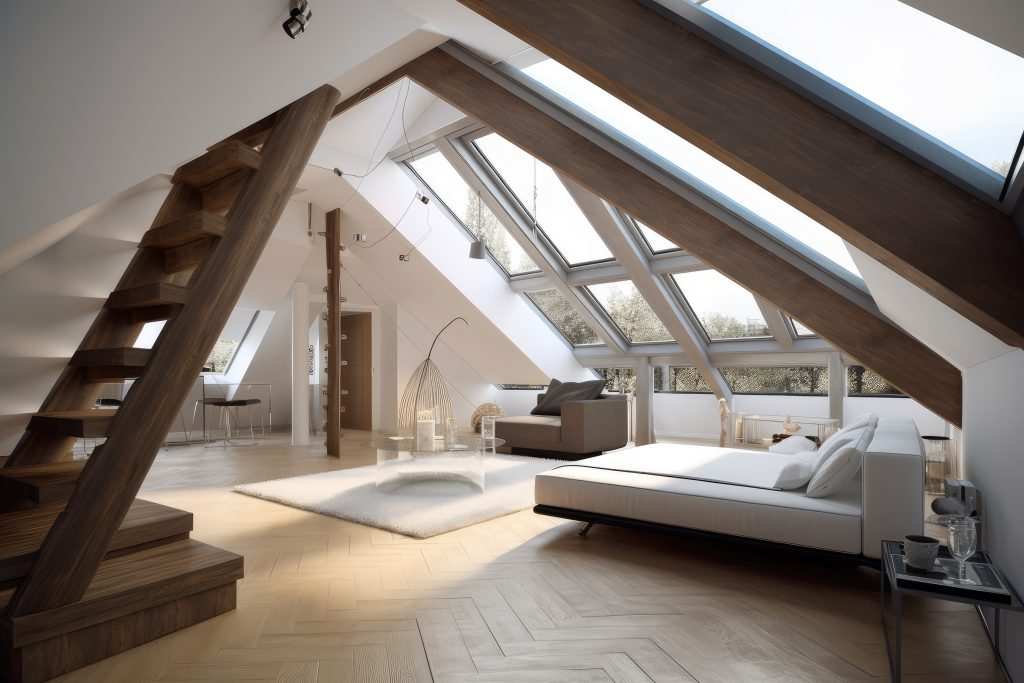More Space Needed In Your Home?
Your family is expanding, or you now work from home and need more space, or you want more space for hobbies. Whatever your reason—other than moving—you enter the debate of loft conversions vs home extensions.
Both options add value to your home, depending on your home’s location and the local property market. Extra useable space is always a bonus when deciding to sell.
Let’s face it you always need more space in your home for sleeping, lounging, bathing, cooking, kids’ playroom, and so much more. Adding more space to your home can be the difference between feeling relaxed and happy or squashed and stressed. There are many answers to this debate. You need to explore which option suits you, your family, your budget, and the time.
Things To Consider: Home & Attic Extension?
Both loft conversions and extensions are significant projects, and for both, it is true that the build of either extension is disruptive; they both can be messy and dusty, with a high noise level and with more people around than you are used to. You also need to consider the construction time; a loft extension is around 6 – 8 weeks. At the same time, a home extension can be between 6 – 15 months. Your choice also depends on your available space and local area planning permissions.
Your Budget
Conversions and extensions can be expensive, so you need to ensure you have the budget. As either of these add value to your home, you could consider remortgaging after the build, as then you will have access to more equity and cheaper interest rates.
An estimated loft conversion cost can be between £15,000 – £40,000 + VAT at 20%, depending on what you want, the location of the build and the design.
An estimated home extension cost can be between £45,00 – £68,000 + VAT at 20%. You also should budget for other aspects of a home extension build, including architect fees, structural engineers, and planning permission fees.
Loft Conversions Make Sense
The good news is that most loft extensions do not require planning permission; however, if the house is a terrace, you may need to make a party wall agreement with your neighbour.
In most cases, a loft conversion is relatively quick; another plus—as an internal build— is they can be undertaken throughout the year.
They can be carried out depending on the height room available; 2.2 metres is the current UK requirement. You can use the roof design to incorporate some interesting room design features that you probably will not get in other parts of your home.
A loft conversion offers a more reasonable budget, takes less time to construct and often does not require the amount of paperwork a home extension does.
If you want to know more about loft conversions, talk to the experts like Room at the Top for creative solutions, competitive pricing, excellent quality of workmanship, plus a 10-year guarantee.
Conclusion
Whether you decide on a loft conversion or a home extension, each has its unique benefits and potential drawbacks.
Both can significantly improve your home, offering extra space and increasing the property’s value. It’s about finding the right solution for your specific needs and circumstances.
So, why wait? Start planning today for a more spacious and comfortable home that fits your lifestyle perfectly.
Reach out to professionals, gather quotations, assess your options and make an informed decision. After all, this is about improving your home – the very space where you create memories with loved ones and seek comfort after a long day. It deserves nothing but the best!





